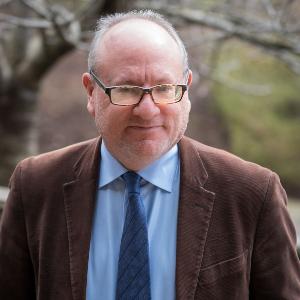For this reason, a rich body of scholarship, devoted to this subject, arose in both Germany and the United States in the 1980s and 1990s. Conducted mostly in the domain of political and diplomatic history, research into transatlantic history has focused almost exclusively on the immediate postwar period and the 1950s and 1960s.
By moving both back in time (into the early 19th century) and beyond the 1960s (up until the present) and by drawing upon cultural and intellectual history, "Transatlantic Cultures: America, Europe and the West" will broaden our understanding of transformations on both sides of the Atlantic. Individual projects will ask such questions as: Does the period starting roughly in 1970 demand new conceptual frameworks, separate from those developed for the first two thirds of the twentieth century? What role have American universities play in the popular imagination of Europeans and in politics? A second project is devoted to the transatlantic flow of ideas in the area of education and universities. Finally, a third project explores the Enlightenment in postwar thought and discourse; its premise is that the shared modern history of Europe and the United States and discussions about the decline of the West amount in a large part to a reckoning with the enlightenment concepts.
Spokesperson
Prof. Dr. Christof Mauch
(Rachel Carson Center for Environment and Society and America Institute, LMU)
Eine transatlantische Familiengeschichte, in: CAS Aviso 7 (2013), S. 12-15.

